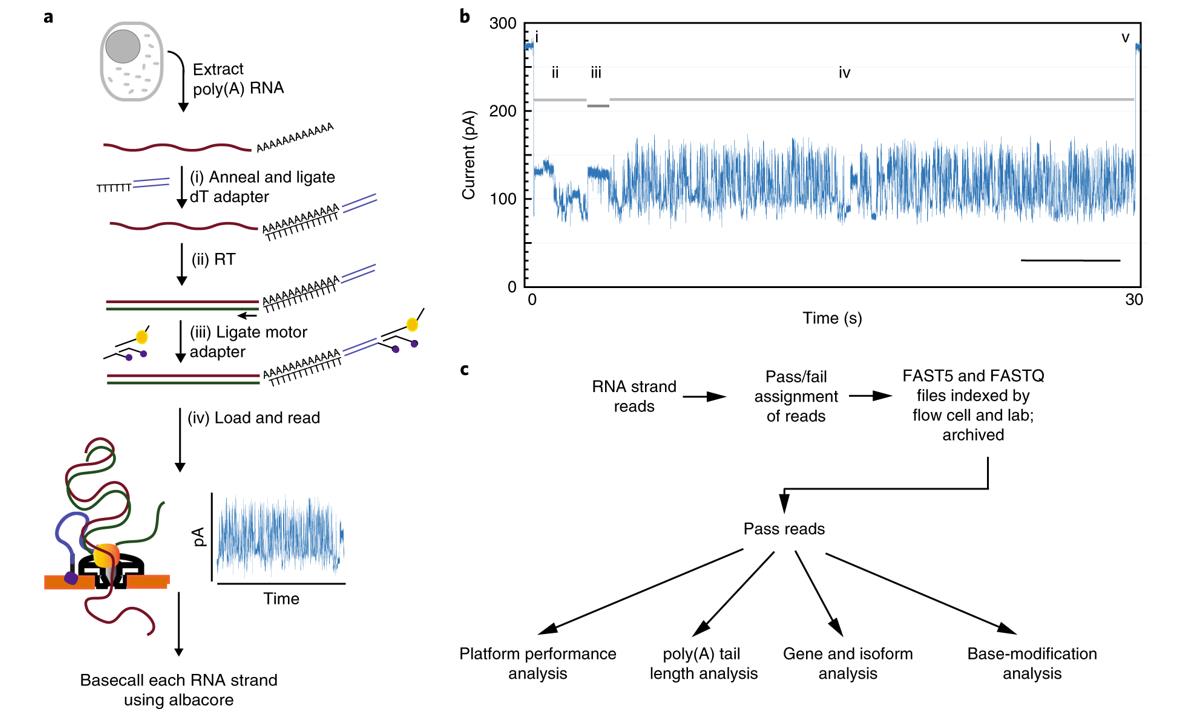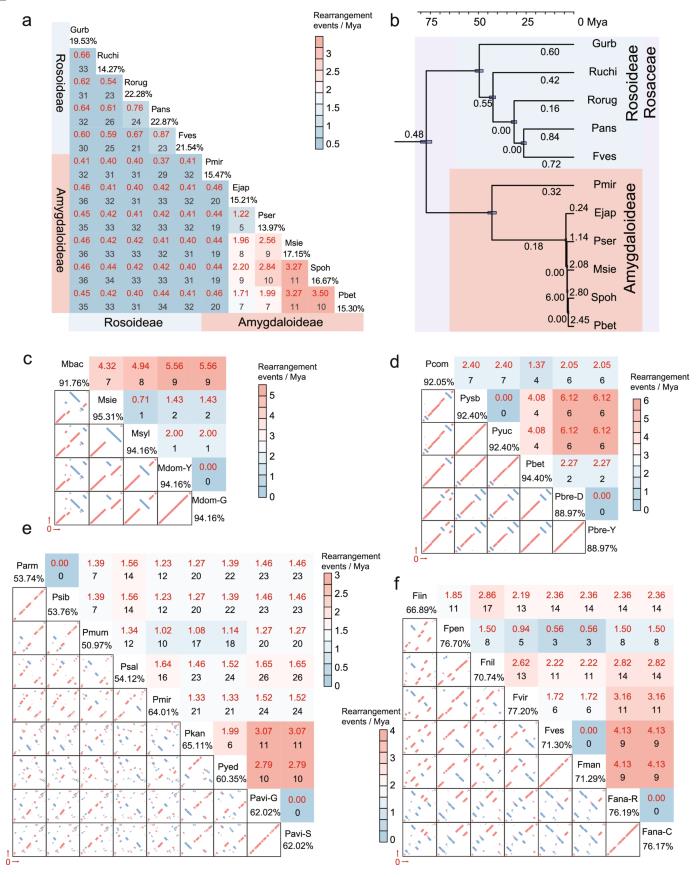Holistic medicine, with its emphasis on treating the whole person rather than just symptoms, has roots that stretch back thousands of years. This approach integrates physical, emotional, mental, and spiritual aspects of health, and its foundations can be traced through a variety of ancient traditions and practices. To truly appreciate the depth and breadth of holistic medicine, it is important to explore its historical origins and how they have shaped contemporary practices. For expert insights into how holistic principles are applied today, consider consulting a Naturopathic Physician in Frederick who can offer a deep understanding of these practices and their modern applications.
Ancient Traditions and Philosophies
The concept of holistic health is deeply embedded in the traditions of many ancient cultures. One of the earliest examples is found in ancient Egypt, where medicine was intertwined with religious and magical practices. The Egyptians believed in the harmony between body and spirit and used a combination of herbal remedies, spiritual rituals, and surgical techniques to maintain health.
Similarly, in ancient China, holistic principles were central to medical practice. Traditional Chinese Medicine (TCM) dates back over 2,000 years and is based on the belief that health depends on the balance of vital energy, or Qi, within the body. TCM incorporates practices such as acupuncture, herbal medicine, and Tai Chi to restore this balance and treat illness.
In India, Ayurveda, another ancient system of medicine, also embraces a holistic approach. Originating over 5,000 years ago, Ayurveda focuses on balancing the body’s energies or doshas—Vata, Pitta, and Kapha. This tradition emphasizes diet, herbal treatments, meditation, and lifestyle changes to promote overall health and well-being.
Greek and Roman Contributions
The Greeks and Romans also made significant contributions to holistic medicine. Hippocrates, often referred to as the “Father of Medicine,” is well-known for advocating a holistic approach to health. He emphasized the importance of diet, exercise, and the environment in maintaining health, and his writings laid the groundwork for integrating lifestyle factors into medical practice.
In Roman times, Galen further developed these ideas by combining them with the prevailing knowledge of anatomy and physiology. His work on the four humors—blood, phlegm, black bile, and yellow bile—illustrated an early understanding of the need for balance within the body to maintain health.
Medieval and Renaissance Contributions
During the medieval period, holistic practices continued to evolve. In Europe, medieval medicine was heavily influenced by both Greek and Arabic traditions. The integration of herbal medicine and the concept of balancing bodily humors persisted, but there was also an increasing emphasis on the role of spiritual and religious factors in healing.
The Renaissance brought renewed interest in holistic approaches as scholars rediscovered ancient texts and combined them with new anatomical and physiological knowledge. This period saw the beginning of a more systematic study of the human body, yet holistic principles remained influential. The work of figures like Paracelsus highlighted the importance of both physical and spiritual dimensions in healing.
The Emergence of Modern Holistic Medicine
As Western medicine became more scientific and specialized in the 19th and early 20th centuries, holistic practices faced challenges. The rise of modern pharmaceuticals and technological advances led to a focus on treating specific diseases rather than the whole person.
However, the latter half of the 20th century witnessed a resurgence of interest in holistic medicine. Influenced by countercultural movements and increasing dissatisfaction with conventional medical approaches, people began exploring alternative and complementary therapies. This period saw the revival and adaptation of ancient practices alongside the development of new holistic approaches.
Integrating Ancient Wisdom with Modern Science
Today, holistic medicine incorporates both ancient wisdom and contemporary scientific understanding. Many holistic practitioners draw on traditional techniques such as acupuncture, herbal medicine, and mindfulness, while also integrating evidence-based practices and modern research.
For example, acupuncture, which has been practiced for thousands of years, is now being studied and validated through clinical research for its effectiveness in treating various conditions. Similarly, practices like yoga and meditation, with roots in ancient traditions, are increasingly recognized for their benefits in stress management and overall health.
The integration of holistic approaches with modern medical practices is also seen in the growing field of integrative medicine. This approach combines conventional treatments with complementary therapies to address the whole person, emphasizing the importance of physical, emotional, and spiritual well-being.
Global Influence and Cross-Cultural Exchange
The historical roots of holistic medicine also reflect a rich tapestry of cross-cultural exchange. As people traveled and traded, they shared medical knowledge and practices across borders. For instance, Ayurveda and Traditional Chinese Medicine have influenced each other over centuries, leading to the development of integrated practices.
In contemporary times, globalization has further facilitated the exchange of holistic practices. The integration of various traditional healing systems with Western medicine exemplifies the global nature of holistic health approaches. This cross-cultural exchange enriches the practice of holistic medicine and makes it more accessible to people worldwide.
Conclusion
The historical roots of holistic medicine are deep and varied, drawing from ancient Egyptian, Chinese, Indian, Greek, Roman, and medieval traditions. These practices collectively emphasize the interconnectedness of body, mind, and spirit, and they have evolved over time to integrate both traditional wisdom and modern scientific understanding.
As holistic medicine continues to develop, its historical foundations provide valuable insights into its principles and practices. By respecting and incorporating these ancient traditions with contemporary knowledge, holistic medicine offers a comprehensive approach to health that addresses the whole person, not just isolated symptoms. This integration of past and present helps ensure that holistic practices remain relevant and effective in promoting well-being in today’s world.




